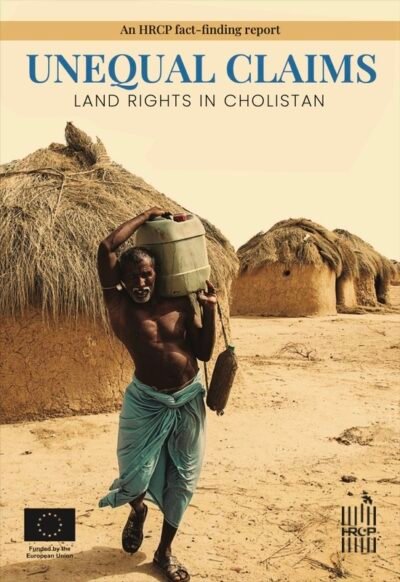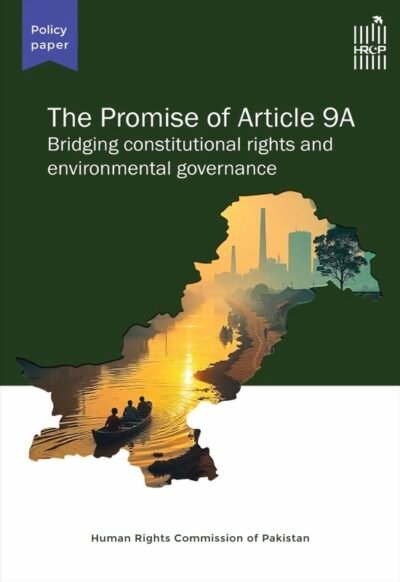The Involuntary Repatriation of Afghan Refugees
Introduction Pakistan hosts an estimated 3 million refugees, of which about half are believed to lack legal identity, residence or travel documents. In late September 2023, Pakistan’s caretaker government drew up the Illegal Foreigners’ Repatriation Plan (IFRP).1 The plan was approved at a high-level meeting chaired by the caretaker prime minister and attended by top civil and military officials on 3 October 2023; a notification to this effect was released the same day. Under the plan, all ‘illegal’ or unregistered foreign nationals would be repatriated to their home countries, including those who were in Pakistan on expired travel visas. District administrations, police authorities, public prosecution personnel and jail administrations were authorized to arrest, detain (in jails or other suitable premises) and deport all ‘illegal’ foreigners.2 The deportations were to begin from 1 November 2023.
The government’s decision was publicly announced at a press conference by the caretaker interior minister.3 He did not quote any specific numbers of ‘illegal’ foreigners but did mention the estimated number of ‘illegal’ Afghans in the country, putting the f igure at over 1.7 million. This specific identification indicated that the decision targeted Afghan refugees.
Pakistan does not have domestic legislation governing asylum and refugee protection and relies instead on two inadequate laws: the Foreigners Act 1946 and the Pakistan Citizenship Act 1951. The Human Rights Commission of Pakistan (HRCP) has consistently demanded that Pakistan must develop and implement a refugee policy, drafted by the Parliament, and ratify the 1951 Refugee Convention and its 1967 Protocol.





